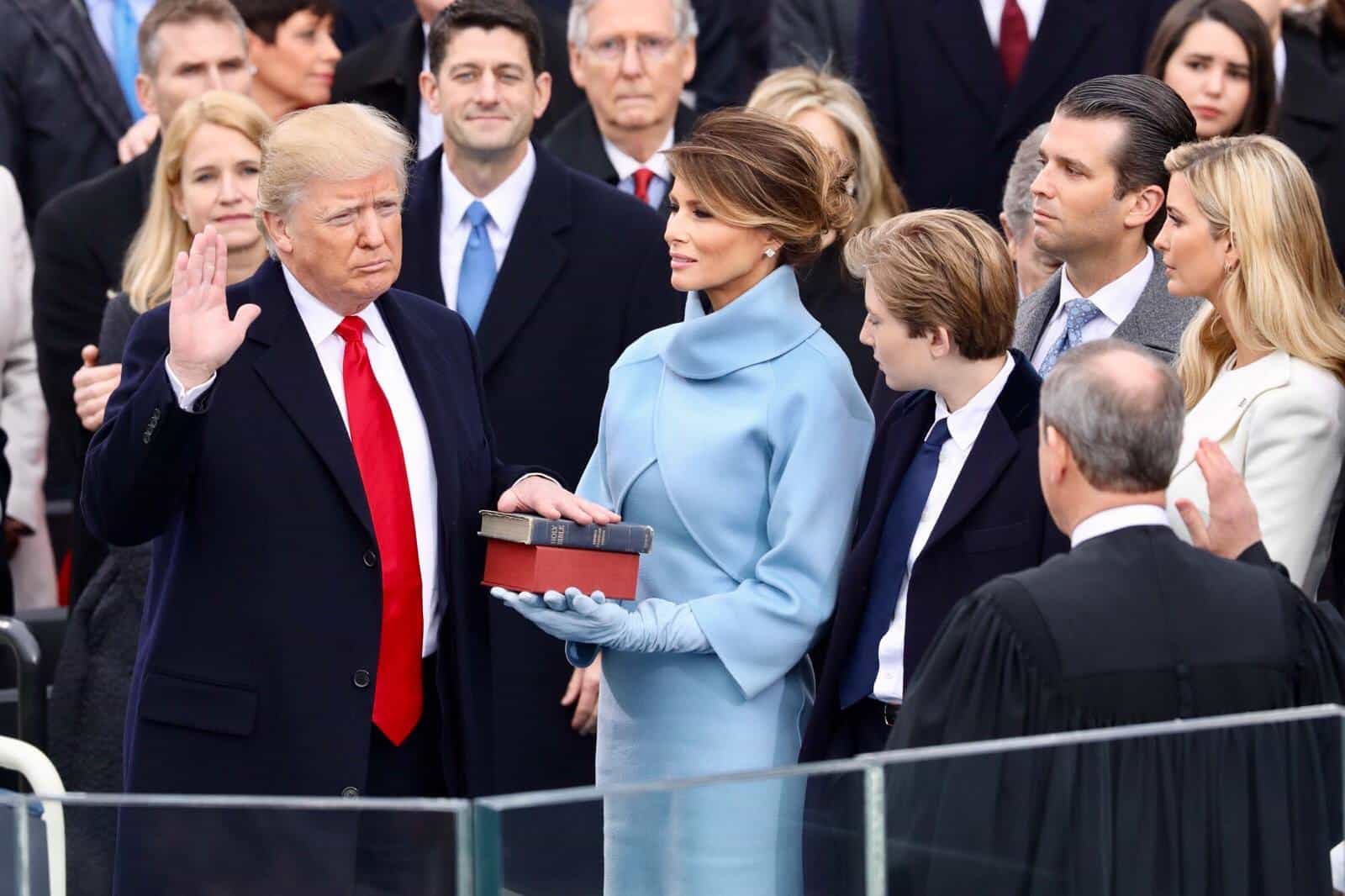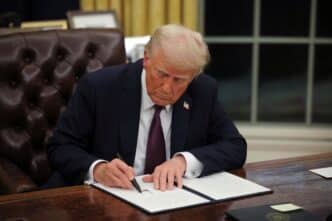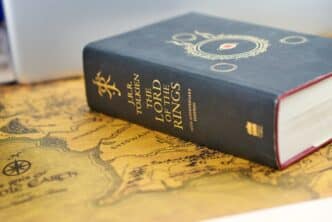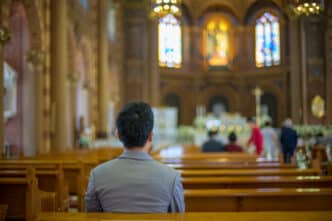A new president will take the official oath of office Jan. 20. Although it’s not required, he will swear this oath with his hand resting on a Bible, a tradition with few exceptions in American history.
One of those exceptions occurred Nov. 22, 1963, when Vice President Lyndon B. Johnson took the oath aboard the presidential jet, Air Force One, at Love Field airport in Dallas. The country was in shock. President John F. Kennedy had just been murdered while he and Johnson were visiting Texas.
Government officials feared that a conspiracy, possibly a foreign plot, might be underway. Anything might happen. Johnson himself could be in danger. They insisted that the vice president take the presidential oath then and there and immediately return to Washington, where he could best be guarded and take charge of the government.
In a frenzy, a federal district judge in Dallas was located. She raced to the airport to administer the oath to Johnson, but what about a Bible for the ceremony?
Aides frantically searched the plane for a Bible. Somebody found a black leather-bound book that looked like a Bible, its cover embossed with a cross. It hurriedly was handed to the judge. Johnson placed his hand on it and took the oath.
The book was a Catholic Mass missal that had belonged to Kennedy. The first Catholic to be elected president, he never missed Mass on Sunday, regardless of other obligations, wherever he was in the world. The missal was kept on Air Force One for his use when he was travelling. It’s now on display at the Lyndon B. Johnson Presidential Library in Austin, Texas.
A Catholic version of the Bible has been used on three occasions: in 1961, when Kennedy took the oath; in 2021, when Joseph Biden, another Catholic, was inaugurated; and in 1949, when President Harry Truman was sworn in a second time. Though a Baptist, Truman used a Catholic Bible given him by friends and supporters, a replica of one of the first Bibles ever produced by a printing press. Now displayed at the Harry S. Truman Presidential Library and Museum in Independence, Missouri, it was a gift that he always treasured.
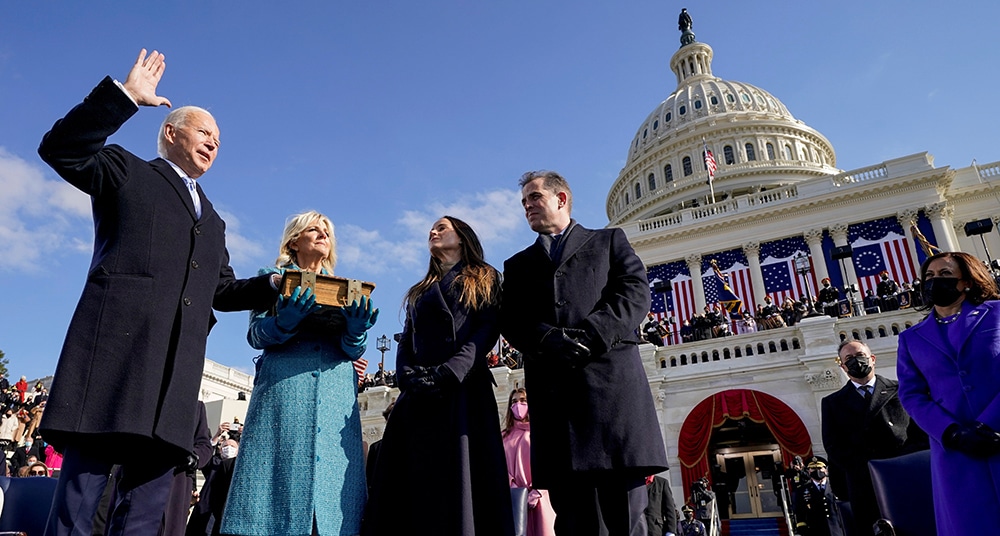
Preserved by the Catholic Church
Before printing was invented in the mid-15th century, Bibles were painstakingly copied by hand, invariably by Catholic monks. All the very old Bibles, including the first printed Bibles, were copies of the Vulgate, translated by St. Jerome, the official Bible of the Catholic Church.
St. Jerome, a Catholic priest, translated the Bible from ancient Hebrew and Greek into Latin in the fourth century, on orders from the Catholic pope, Damasus I, so that anyone who could read could access the Scriptures.
The Catholic Church, for 1,500 years before anyone had heard of Protestantism, proclaimed the Bible as the inspired word of God, containing infallible, divine truth, the peerless guide to just, righteous and happy living.
Never forget Pope Damasus I, St. Jerome and the monks. Only because of them do Christians of any denomination have the Bible today. Never forget that the Bible is the Catholic Church’s gift to all Christians everywhere and to humanity.
The meaning of the oath
Swearing oaths on a Bible is a Protestant tradition. In Catholic cultures, even today, people swear oaths before a crucifix. The custom of swearing on a Bible at our presidential inaugurations reminds us that this country was formed with Protestant practices and attitudes foremost. But while swearing on Bibles is not historically Catholic, it’s hardly contradictory with Catholicism.
And the custom has a very important message.
When persons swear official oaths, presidents on down, they declare publicly, for all to see and hear, that they believe that the final and ultimate source of guidance in human life is the revelation of God, and even mighty presidents proclaim their own limitations and their responsibility to obey his will.

